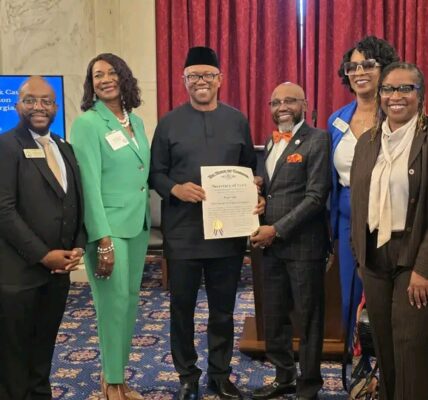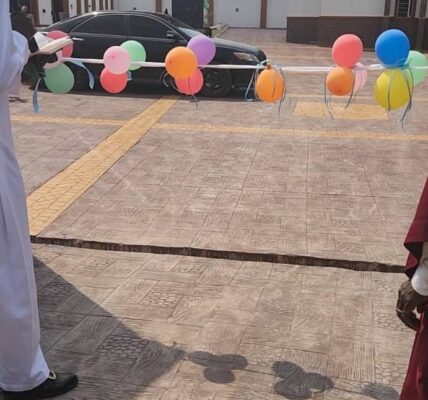Pastors, Imams Richer Than Members, Should Pay Tax – Man Tells FG
An Economist, Daramola Omoyele, has advised the government to include religious institutions among those that would pay tax in the new reform starting by January 2026.
Omoyele stated this in an interview with the News Agency of Nigeria (NAN) on Wednesday, where he emphasized the need to tackle corruption in tax administration.
He said that the new tax reform, though well-intentioned, would fail if it exempts the most powerful while burdening the powerless.
He acknowledged that the new Nigeria Tax Administration Act (2025) introduced a unified tax identification system, stricter compliance measures, and new levies intended to expand the tax base.
“The government also raised the personal tax exemption threshold to ₦800,000 annually, a move meant to protect the poorest Nigerians.
“Yet in practice, many will still face multiple local levies, consumption taxes, and other indirect charges that drive up the cost of living,’’ he said.
Omoyele also stated that the critical but often ignored aspect of the reform was the exclusion of religious institutions from the tax net.
He said that in today’s Nigeria, “it is almost impossible to separate many pastors or imams from their ministries.”
According to Omoyele, the religious leaders were often wealthier than the institutions they led, owning fleets of luxury cars, private jets, and mansions while their congregations struggled to survive.
“Many Nigerians are far more willing to pay tithes, offerings, or “seed sowing” than to pay taxes.
“Through these religious payments, some leaders have built vast personal empires, while ordinary citizens bear the cost of public services. This is not simply a spiritual issue, it is an economic one.
“Many religious organisations collect millions of naira daily in offerings and donations that go unrecorded and untaxed, even though they often exceed the turnover of many small businesses.
“When religious leaders live far above the economic reality of their followers, flying private jets and acquiring estates, fairness demands that they contribute back to the nation that sustains them.
“Preaching justice and fairness must go hand in hand with civic responsibility. Paying tax is not a sin; it is an act of service to society,’’ he said.
He added that a fair tax system that includes all income sources would reduce the financial exploitation of followers, many of whom were pressured to give beyond their means.
The economists, however, advised the government to address corruption in the tax administration in the country.
He said:”until corruption is tackled and all income including religious wealth is fairly taxed, Nigerians will continue to view taxation as oppression, not obligation.”
He noted that the major obstacle to effective taxation in Nigeria was not merely poverty, but corruption.
Omoyele said that many citizens were simply not convinced that the money they pay in taxes would ever be used for the public good.
“When tax revenue is mismanaged, stolen, or spent without transparency, people lose confidence in the system.
“It becomes difficult to convince market women and civil servants to pay taxes when they see public officials living extravagantly, roads collapsing, hospitals in ruins, and basic services failing,’’ he said.






